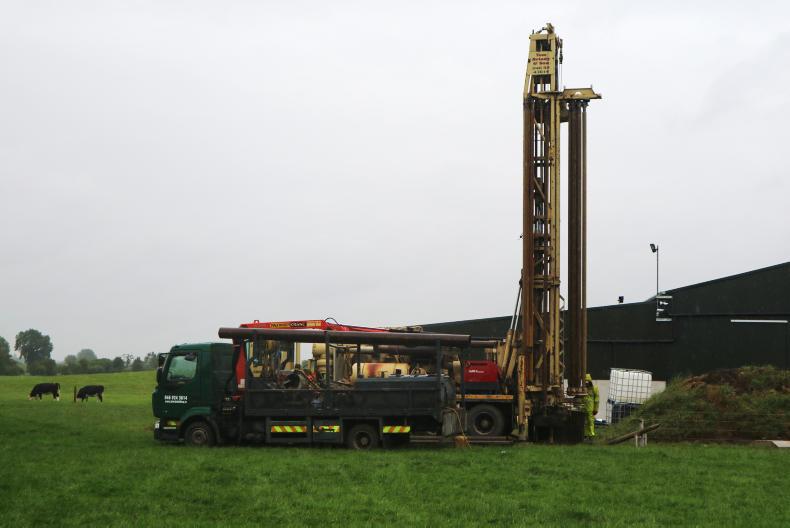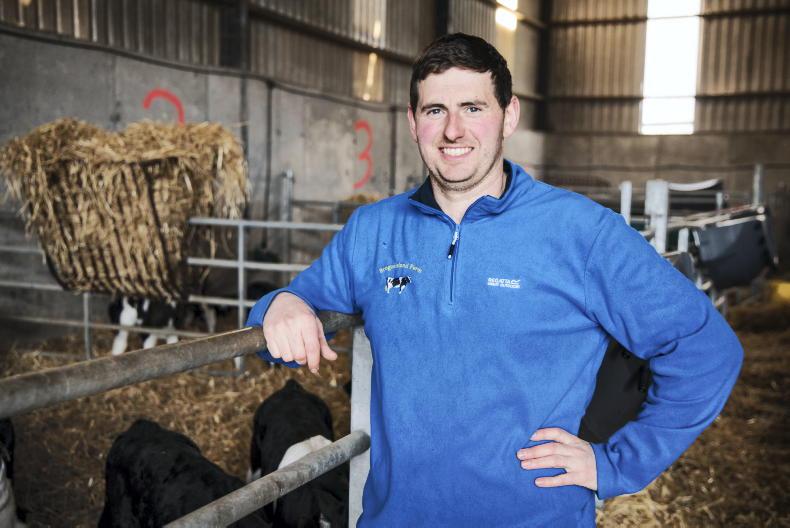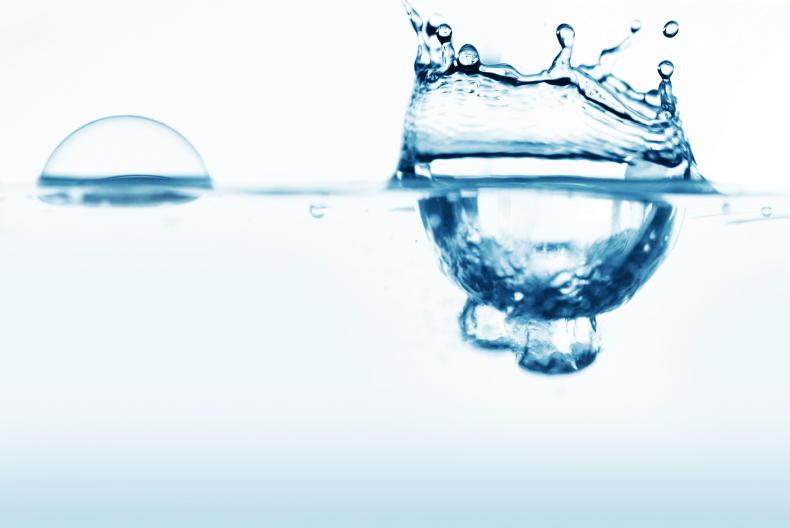Private wells are still a crucial source of drinking water for farm households and rural dwellings. Approximately 720,000 people in Ireland get their water from a private supply. Unfortunately, some wells are at risk of contamination due to their location or from polluting activities.
The main causes of pollution can be wastewater treatment systems (septic tanks), run-off from farm yards or land-spreading of slurry.
According to the Environmental Protection Agency (EPA), one litre of domestic wastewater contains around one million E coli bacteria, yet it takes just a few organisms of one type of E coli to cause severe human illness.
Poor construction of existing wells is one of the main access points for pollution.
Farmers can make simple improvements to their wells or limit the chances of contamination by making changes on their farm and the farming activities around a well.
Below are some points to consider when it comes to possible pollution of your well:
Is the well head sealed?Is the well lined and grouted?Can surface water or run off get into the well?Is the waste water treatment system the recommended distance of at least 30m away from the well?Is the farmyard manure storage, slatted sheds, slurry storage and silage storage areas the recommended distance of at least 50m away from the well?Are fuel storage tanks the recommended 30m away from the well?Is slurry spreading carried out at least 25m away from the well?A test can be carried out for contamination of your well water, which costs from €60 up to €130.
The advice is to test the well regularly for microbiological contamination.
Drilling a properly constructed well and installing a pump can cost from €6,000 to €9,000.
A water treatment system varies in cost from €600 to €3,000 to install and has annual maintenance costs of €260 to €340. More information on protecting your well can be found on the EPA website.
Private wells are still a crucial source of drinking water for farm households and rural dwellings. Approximately 720,000 people in Ireland get their water from a private supply. Unfortunately, some wells are at risk of contamination due to their location or from polluting activities.
The main causes of pollution can be wastewater treatment systems (septic tanks), run-off from farm yards or land-spreading of slurry.
According to the Environmental Protection Agency (EPA), one litre of domestic wastewater contains around one million E coli bacteria, yet it takes just a few organisms of one type of E coli to cause severe human illness.
Poor construction of existing wells is one of the main access points for pollution.
Farmers can make simple improvements to their wells or limit the chances of contamination by making changes on their farm and the farming activities around a well.
Below are some points to consider when it comes to possible pollution of your well:
Is the well head sealed?Is the well lined and grouted?Can surface water or run off get into the well?Is the waste water treatment system the recommended distance of at least 30m away from the well?Is the farmyard manure storage, slatted sheds, slurry storage and silage storage areas the recommended distance of at least 50m away from the well?Are fuel storage tanks the recommended 30m away from the well?Is slurry spreading carried out at least 25m away from the well?A test can be carried out for contamination of your well water, which costs from €60 up to €130.
The advice is to test the well regularly for microbiological contamination.
Drilling a properly constructed well and installing a pump can cost from €6,000 to €9,000.
A water treatment system varies in cost from €600 to €3,000 to install and has annual maintenance costs of €260 to €340. More information on protecting your well can be found on the EPA website.










SHARING OPTIONS